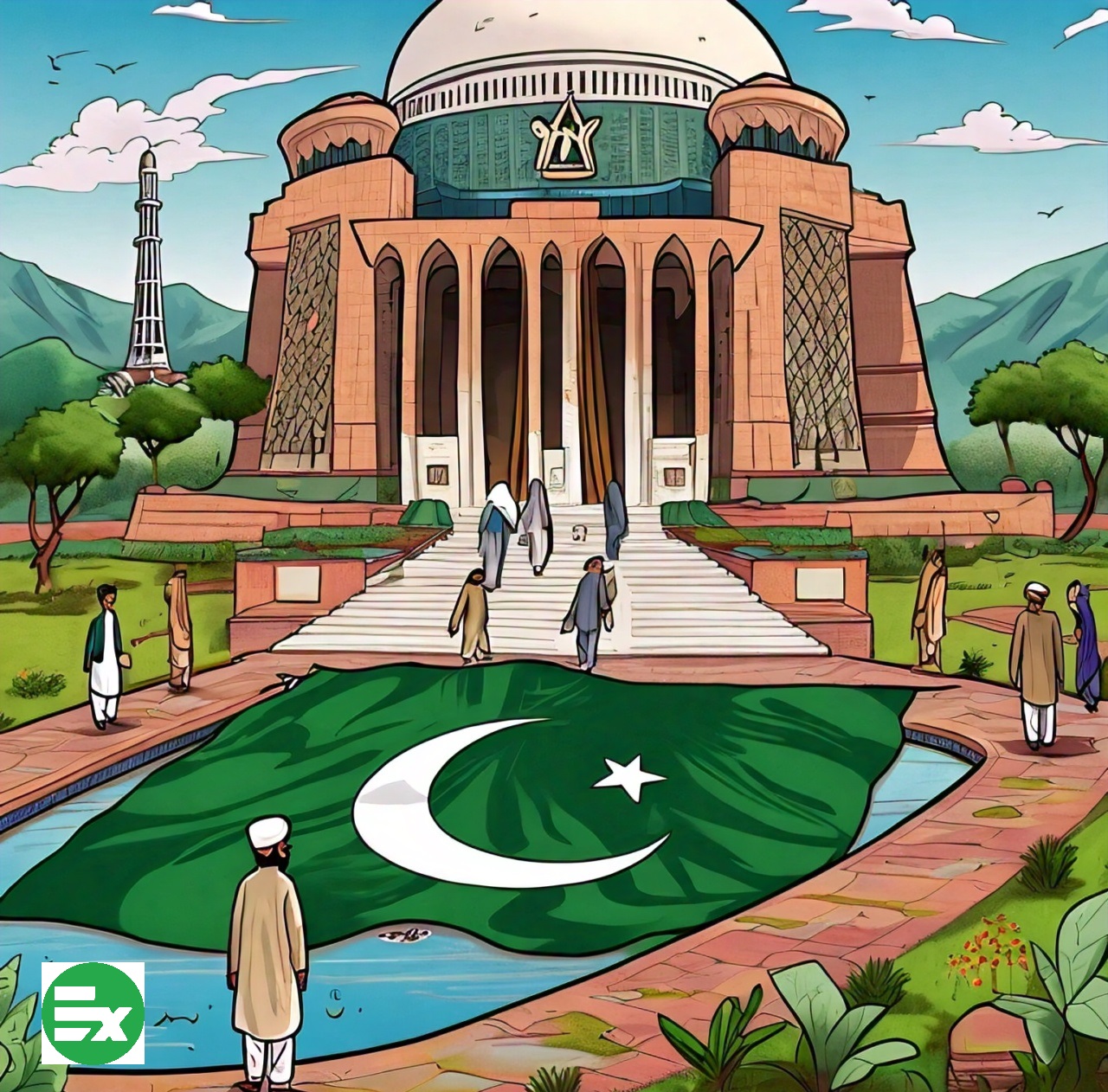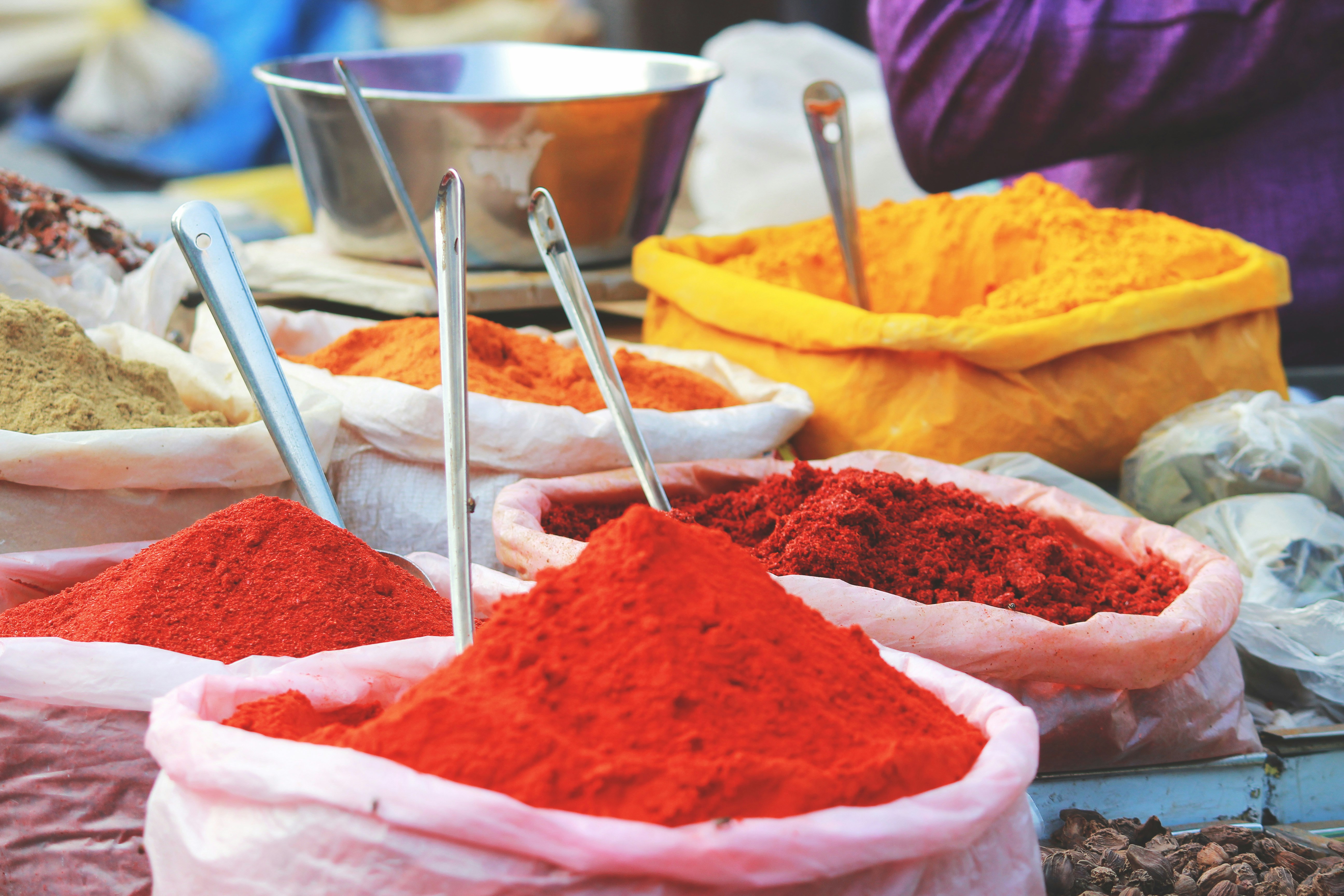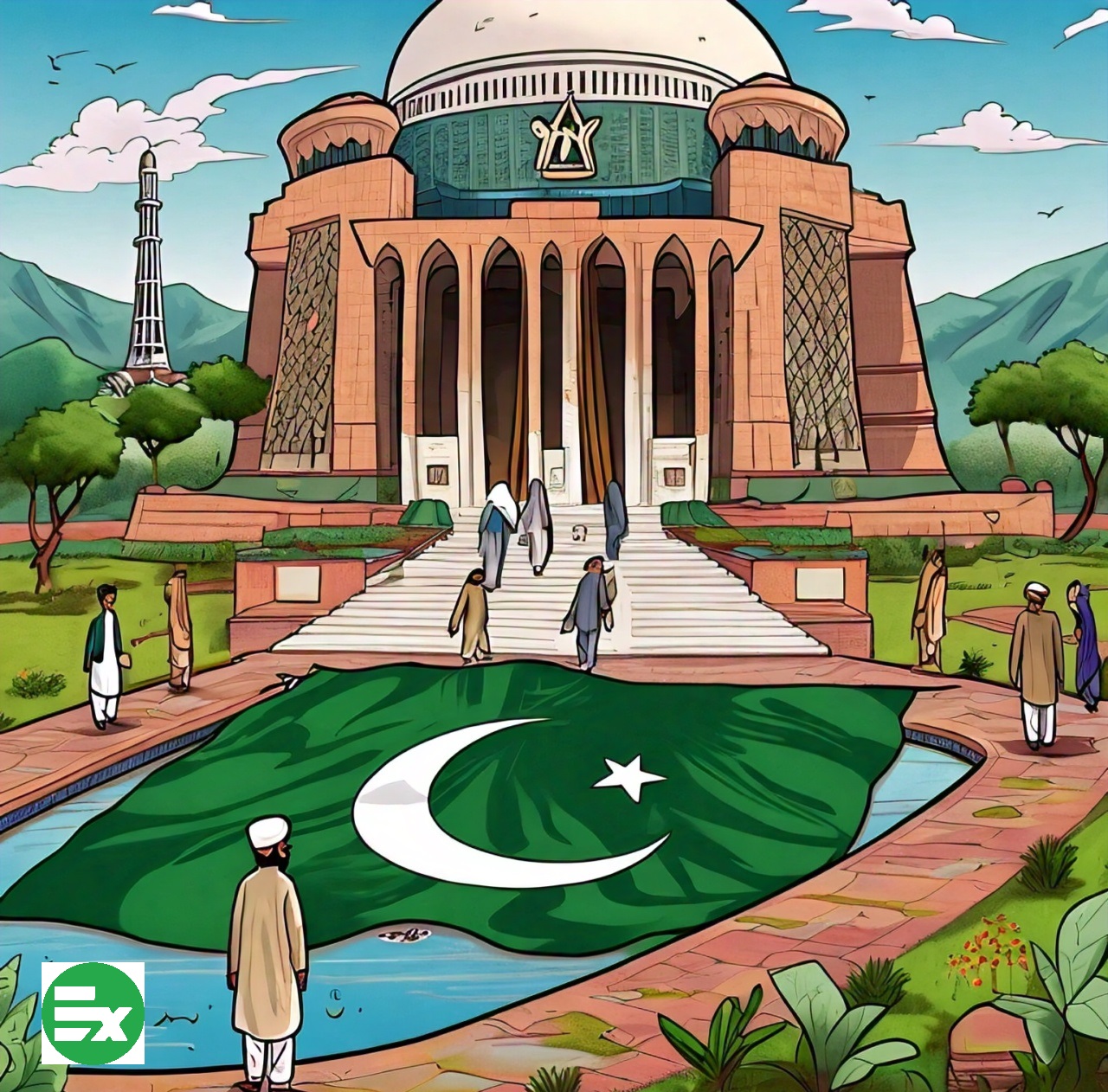
Challenges and Neglect in Punjab's Agriculture Sector

Photo by Melissa Askew on Unsplash
Sargodha and nearby areas are famous for kinnow oranges. Although there are kinnow orchards in Mandi Bahauddin, Chiniot, Jhang, and Toba Tek Singh, Sargodha is more famous. Policymakers should explain what they have done to improve kinnow and what they have done to export it. The above-mentioned districts also have excellent other crops. In Lahore and Gujranwala divisions, wheat and rice are mostly cultivated. In these two divisions, there used to be orchards of guava, ber, jamun, and local mangoes, but over the years, these orchards have decreased. The governments should have increased the orchards and worked for the good quality of the crops, but the rulers showed no interest in agriculture.
Kasur, Pakpattan, Okara, and Sahiwal grow the best potatoes, but our governments couldn't arrange for these potatoes to be sent abroad. Potato farmers say that the three and a half years of the "prisoner" (a political reference) were excellent for them. Think about the foolishness of the rulers who set up a coal plant in the fertile area of Sahiwal, leading to the destruction of crops. Sahiwal's breed of cows is famous, but the rulers couldn't pay attention to this either. In Khanewal, Multan, Lodhran, Muzaffargarh, Vehari, and Rahim Yar Khan, there are mango orchards, but our governments couldn't do anything for the mango farmers either.
Now, cotton areas are limited to Vehari and Bahawalnagar, even though cotton used to be grown all over Punjab. If it wasn't, then why was there a spinning wheel in Mianwali, Chakwal, Khushab, Sargodha, Gujrat, Faisalabad, Toba Tek Singh, Gujranwala, Sialkot, and Narowal? The spinning wheel will only be where there is cotton. It's sad to say that the APTMA people (All Pakistan Textile Mills Association) are being unfair; they have left cotton farmers helpless, not even allowing them to plant seeds of their choice. In Bhakkar, Layyah, Mianwali, Khushab, and Jhang, chickpeas are cultivated, but agricultural institutions have also left chickpea farmers without help.
In Bahawalpur and Dera Ghazi Khan divisions, excellent crops are also grown, but it will surprise you that subsidies go to APTMA, not cotton farmers; to flour mills, not wheat producers. Fertilizer factories get subsidies, but farmers do not. Sugar mills get subsidies, but sugarcane farmers do not. Sugarcane farmers have to visit sugar mills repeatedly to get paid, but they receive money in installments and that too is less. Every time the sugar mafia, who always get subsidies, raises the sugar price by one rupee, they earn billions. Few people know that before the captain's (Imran Khan) tenure, the government did not set sugar prices; the Sugar Mills Association did.
In the last forty years, the rulers of Punjab strengthened the middlemen more than the farmers. Farmers struggled while middlemen and mill owners benefited. When the captain encouraged raising goats and chickens, opponents mocked him, even though this would have helped meet the meat shortage. We should have set up sheep and goat farms across Punjab to address the meat shortage. The governments should have established dairy farms at the tehsil level so that we could produce and export more milk and butter.
Today, Punjab's farmers are protesting because the government is not buying wheat. No one is willing to buy at the government's rate, and there are separate stories about Bardana (sacks for grain); money is being made in the name of Bardana. When we have excellent golden wheat in our own country, what was the need to import rotten, insect-infested black wheat from Ukraine? Was making money the only goal? The caretaker and current governments are fully involved in this business. People say that if you had to show subservience, you could have just sent dollars to Ukraine without oppressing your own people. This is not just an 86 billion scandal; it extends to thousands of billions. Daniyal Aziz says, "In 2013, when the N government came, a thorough inquiry was conducted into a similar wheat scandal, and the entire League government and state institutions were found involved, but the report was suppressed."
In this situation, what should the farmer of my land do? He produced excellent wheat, but the government is not buying it, and middlemen are offering low rates. Farmers cannot take their wheat out of the province, and there is no policy for sending it abroad. The farmers of my land are suffering. They are beaten and arrested during protests. The government has no policy to take care of the farmers, and the farmers have no forum. When the one who grows the crops does not get full compensation, as Allama Iqbal said, "burn every ear of wheat."













